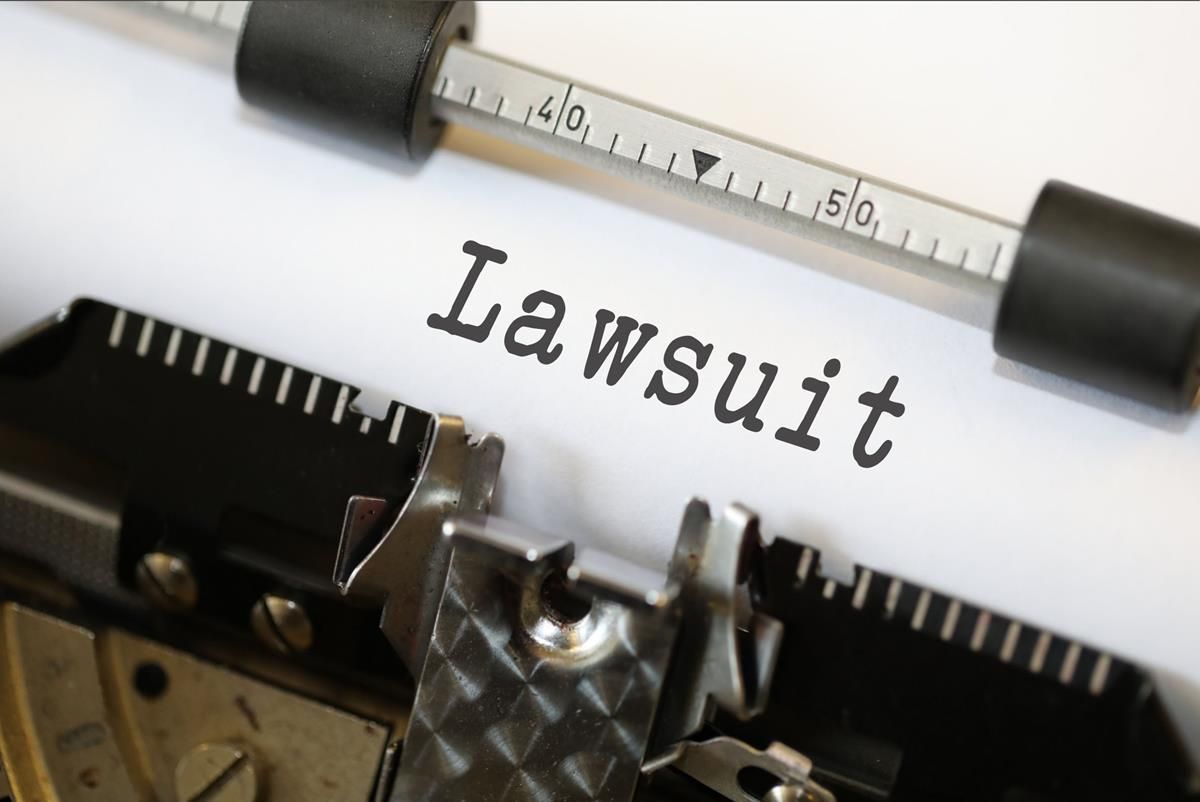
A federal lawsuit filed by Ozell Murray, a former police officer who previously served as head of security at Tesla’s factory in Fremont, California, has cast a stark light on what he describes as a pervasive and deeply troubling work environment within the facility. The 159-page complaint, first obtained by The Independent, alleges a severe problem with sexual assault, rampant drug and alcohol abuse, and deeply entrenched racism. These claims, detailed by a former security chief, suggest a workplace where illicit activities were not just isolated incidents but rather routine occurrences.
According to the legal filing, Mr. Murray’s security team at the Fremont plant frequently discovered and confiscated illegal substances and weapons. The lawsuit states that his team “routinely” seized cocaine, fentanyl, and guns on site. Beyond the recovery of contraband, the security personnel under Murray’s direction also embarked on investigations into “acts of sexual deviance.” Furthermore, they were tasked with identifying and removing employees from the manufacturing lines who were “alcohol-intoxicated and high on drugs,” indicating a pattern of substance impairment during work hours.
These startling allegations from Mr. Murray’s lawsuit are not the inaugural warnings concerning workplace turmoil at the Fremont facility. The factory has previously garnered a reputation for pervasive racism, leading to prior legal actions. A previous lawsuit specifically raised serious concerns regarding racist graffiti, which included “KKK epithets, a swastika, and the N-word all over the bathroom.” Such instances of overt bigotry highlight a deeply ingrained issue within the plant’s culture.

Black employees have also come forward with distressing accounts, reporting that nooses, powerful symbols of racial violence linked to America’s history of fatal lynchings, were allegedly employed to taunt them in the workplace. The gravity of these accusations is underscored by the fact that Tesla has already reached settlements in court over prior accusations of racial discrimination at this particular factory. This history of legal action and settlement suggests a recurring pattern of discriminatory behavior within the company’s operational sites.
The complaint brought by Mr. Murray and his co-plaintiffs elaborates on the pervasive nature of racial hostility. It describes a significant portion of the carmaker’s “hastily-hired and poorly-vetted” workforce in Fremont as “blatant racists and misogynists.” The suit powerfully contends that many individuals who have been employed at the facility have “likened the workplace to the Jim Crow South,” characterizing it as an environment where “Black employees and brown-skinned workers are besieged with constant racial abuse, stereotyping, and hostility – including with repeated use of inarguably the most brutal and degrading racial slur in the history of humanity: N****r.
Moreover, the complaint details that “Black Tesla employees have reported regularly encountering nooses on desks and other equipment as well as seeing the word ‘N****r’ graffitied on walls, in bathroom stalls, elevators – even on new Tesla vehicles rolling off the production line.” This suggests that the use of such dehumanizing language and symbols was not isolated but rather deeply integrated into the daily experience of some employees. The filing specifically alleges that the “use of the ‘N-word’ was prevalent” at the Fremont site.
Read more about: Trump Administration Mandates Extensive Race Data Collection, Reshaping University Admissions Landscape
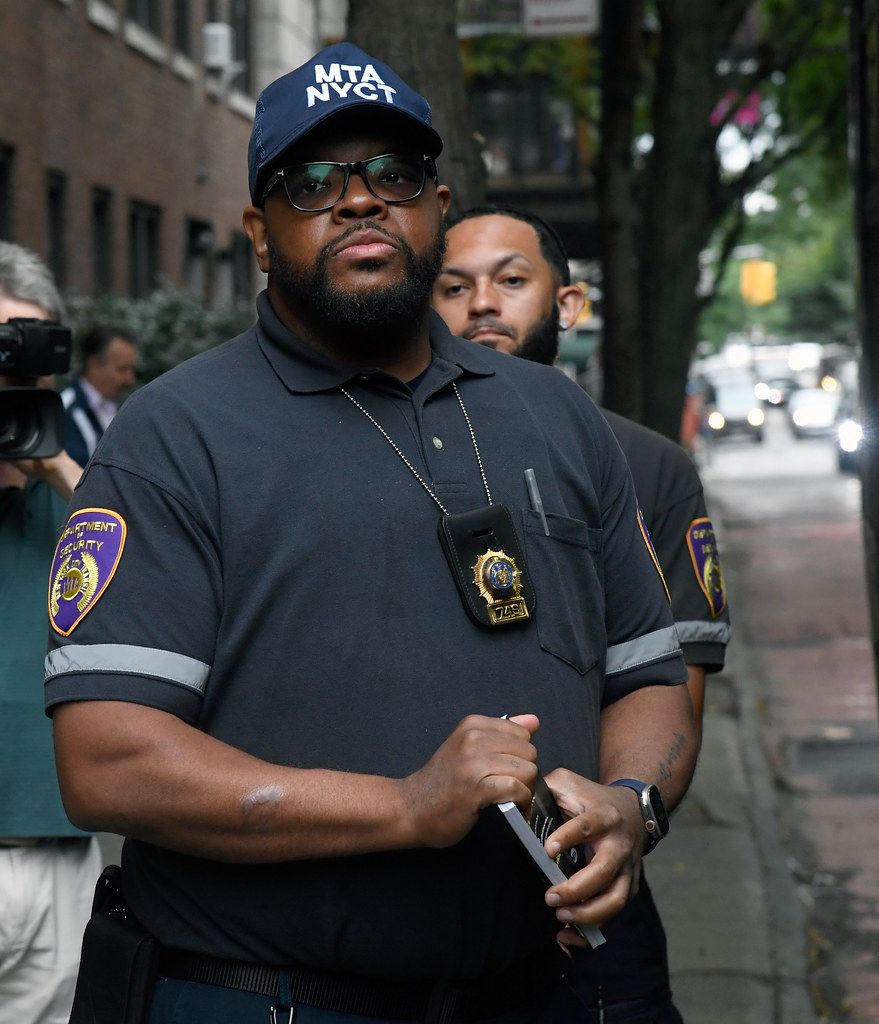
In one particularly disturbing incident from late 2021, a Black security officer who reported directly to Mr. Murray and was also a former police officer, “was victimized when a Tesla employee called her a n****r.” The profound impact of this incident led Murray’s colleague to be “so distressed by the incident and the impunity with which the word was used toward her… that she had to take a medical leave from work to recover from the trauma.” Far from offering support, the lawsuit claims that Murray’s supervisor “counseled him that Murray should be informing all new Black security personnel that the use of the ‘N-word’ was simply engrained [sic] in the culture at Tesla and, so, Murray should only be bringing aboard that are willing to accept and acquiesce to the prevalence of that word in the workplace.” This instruction, as alleged, suggests a shocking level of complicity or acceptance of racist language within the management structure.
Further evidence of what the complaint terms “racial tension and toxicity” at the Fremont plant emerged from an incident involving a Black assembly-line employee. This employee, while working on a vehicle, issued a warning after noticing a coworker about to take an action that could potentially damage the car. In response, the coworker, who was white, allegedly “responded by angrily yelling back, ‘Do you want to hang by a tree?’” Such a response, directly invoking imagery of racial violence, paints a grim picture of interpersonal relations within the factory.
The lawsuit highlights a troubling dynamic between profit motives and employee well-being, directly quoting Mr. Murray’s accusation that Tesla has consistently prioritized financial gains above all else. Healthy profits have always been more important to the Company than a healthy working environment,” reads the suit obtained by The Independent. This assertion frames a narrative where, according to the complaint, “For Tesla, more bodies on the manufacturing line meant more vehicles flying out the factory door — no matter how unclean the hands were that were assembling those cars.” This alleged philosophy suggests a disregard for labor conditions in favor of production quotas.
Beyond the issues of racial discrimination, Tesla’s Fremont factory has also faced long-standing accusations of fostering an inherently unsafe work environment. Reports have surfaced describing horrific incidents, including “crushed limbs,” workers succumbing to dehydration and fainting, and outbreaks of fires within the facility. Adding to the gravity of these concerns, an employee at the plant tragically murdered a colleague in the parking lot several years ago, underscoring the potential for severe violence within the workplace.
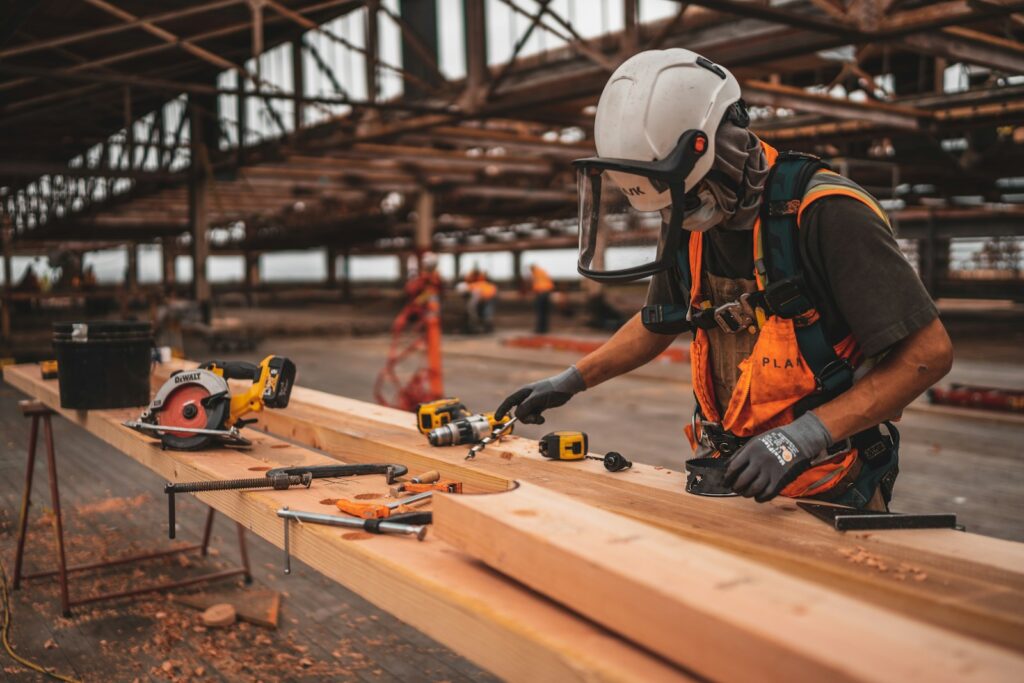
Earlier this year, the company incurred a fine for failing to comply with California’s workplace heat protection regulations, further indicating a pattern of neglect regarding employee safety. Workers at the factory are understood to have borne the brunt of Elon Musk’s espoused “ultra hardcore” work culture, which frequently mandates demanding 12-hour shifts. Such extensive working hours often expose employees to heightened risks of injury, contributing to an already precarious work environment. The perilous conditions have been highlighted by workers themselves, with one Tesla factory employee in 2020 describing the working conditions to SF Weekly as a “life and death situation.” A separate worker candidly referred to the plant as a “modern-day sweatshop,” painting a grim picture of the daily reality for many.
The complaint further details an alleged systematic abuse of the company’s “zero tolerance” policy regarding drug and alcohol use among employees. Supervisors, it is claimed, leveraged this policy as a means of retaliation against their subordinates. The lawsuit alleges that this policy was manipulated, “in particular, when a line employee had turned down the supervisor or manager’s sexual advances.” It also suggests retaliation occurred “when the manager or supervisor wanted to retaliate against someone because of their race or ethnicity,” or “when the manager or supervisor wanted to retaliate against someone because of a complaint an employee had lodged against them.”
Instances of alleged intoxication would lead to security personnel, including Murray or his team, escorting employees off the premises “without question.” However, the complaint notes that “in many instances,” the employee believed to be under the influence did not present as such to the security officer. Despite these discrepancies, a specific manager is accused of continuously fostering “the delusion that the environment and culture at Tesla is one of tolerance and innovation, rather than racism and retaliation,” sweeping such concerning incidents under the rug.
Read more about: Donald J. Trump: A Comprehensive Profile of the 45th and 47th U.S. President, Businessman, and Media Personality
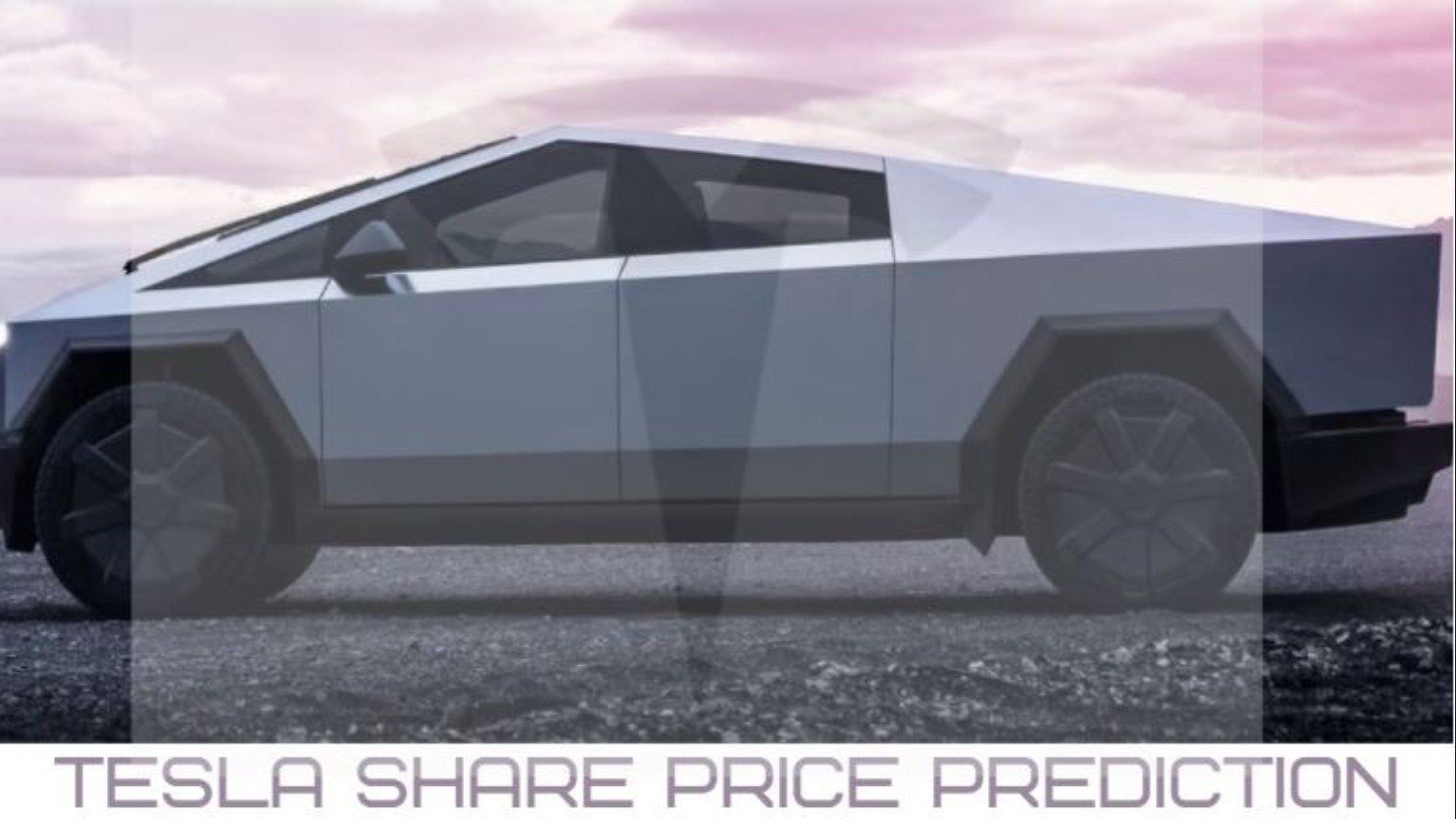
The lawsuit also brings to light a troubling practice that allegedly allowed problematic employees to circumvent disciplinary actions. Due to the high demand for Tesla vehicles, if a violent or racist employee was terminated for cause, they were reportedly “loopholed” back into the workforce through temp agencies. This mechanism, the filing states, effectively allowed these individuals to bypass standard background checks. The consequence, as detailed in the complaint, was that “oftentimes” an employee who had been previously victimized “had to actually resume working with their attacker and tormentor.” This practice had tangible and dangerous outcomes, as one “loopholed” employee who had been discharged for workplace violence allegedly returned to Fremont and subsequently attacked another colleague.
The extensive allegations from Mr. Murray and his co-plaintiffs, which include former Tesla HR executives Linda Peloquin, Adam Chow, Tiara Paulino, Sharnique Martin, and Gregory Vass, point to a deeply troubling pattern of retaliation against those who dared to speak out. The complaint asserts that Tesla CEO Elon Musk, described as “America’s least-likable public figure, according to Gallup,” was purportedly personally involved in numerous hiring and firing decisions at the Fremont factory. Musk was reportedly “a frequent visitor to the facility—and not just for high-level photo opportunities, but to take a hands-on approach to managing, directing, and facilitating resolution of the manufacturing and workforce issues at the plant.” The complaint specifically details that Musk “would frequently visit the plant and conduct issue-resolution meetings with actual line employees, not just upper management bureaucrats,” issuing “directives right then and there to resolve the issues employees raised.
For his part, Ozell Murray asserts in the complaint that he “was outspoken” with Tesla management regarding his safety and security concerns at the Fremont plant. For these efforts, he claims he was “summarily fired under the pretextual guise of ‘poor performance.'” This alleged termination occurred despite a professional record that included no prior disciplinary actions and five promotions during his six years with the company. Mr. Murray’s co-defendants, all former HR executives who had also raised serious concerns about issues within Tesla or had investigated and substantiated employee wrongdoing, reported enduring “similar experiences.” They were allegedly “drummed off the payroll for supposed ‘poor performance'” or resigned under pressure before they could be terminated, even though none had ever received any negative performance reviews.
These former employees, including Murray and his co-defendants, are collectively pursuing legal action against Tesla on five distinct causes of action. These include claims of retaliation, wrongful termination, and failure to prevent unlawful discrimination. They are seeking various forms of financial redress, including compensatory damages, emotional distress damages, punitive damages, and exemplary damages, all to be determined by a jury, in addition to attorneys’ fees and court costs.
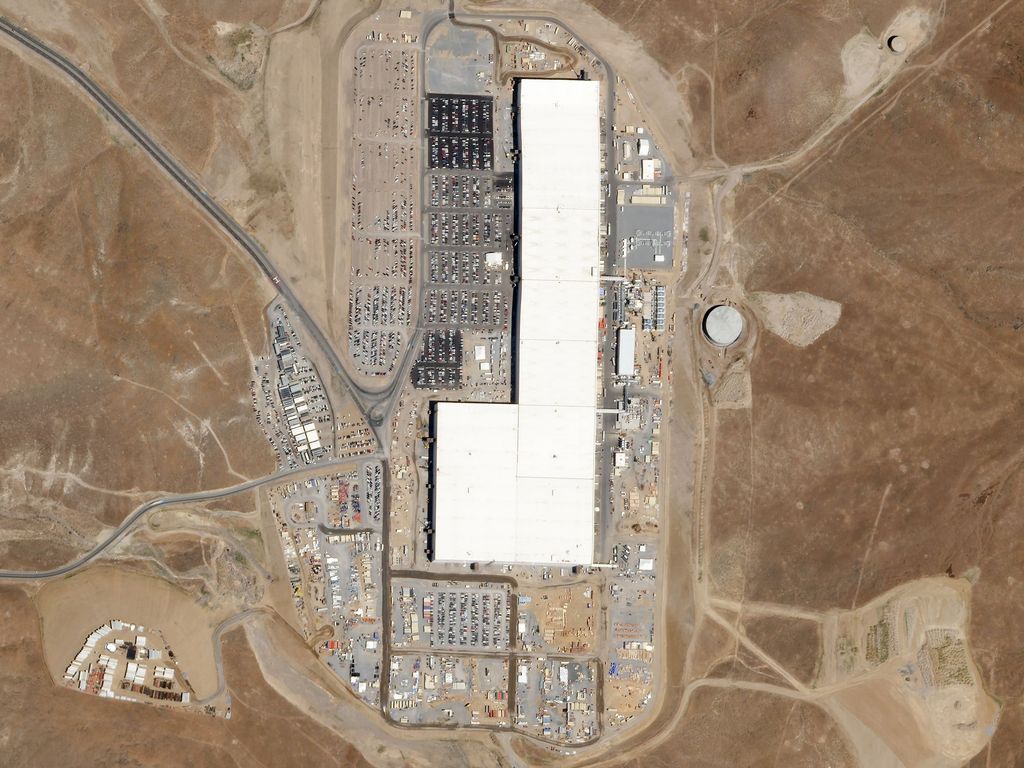
Beyond the Fremont factory, allegations of concerning activities extend to Tesla’s Nevada Gigafactory. Karl Hansen, another former Tesla internal security and investigations division employee, has filed a whistleblower complaint with the Securities and Exchange Commission (SEC). Mr. Hansen claims that Tesla failed to disclose to its shareholders that authorities had uncovered an alleged drug trafficking operation involving an employee at the Gigafactory, purportedly dealing “substantial” amounts of cocaine and potentially methamphetamine. He further alleges connections to Mexican cartels.
During an appearance on Fox Business Network’s *Varney & Company*, Hansen presented a document he stated his supervisor, Sean Guthro of Tesla’s internal investigations department, provided. This document, according to Hansen, outlined that “the DEA task force members assigned to Storey County Sheriff’s Department provided him with this indicating that they had validated information that … a member of a Mexican cartel was in fact trafficking in potential large quantities of methamphetamine and cocaine.” Hansen had reportedly “corroborated connections between a certain Tesla employee at the time and various alleged members of the Mexican drug cartel.”
Mr. Hansen stated that he urged Tesla on June 12 to disclose his findings to law enforcement and the DEA task force but that “Tesla refused to do so and instead advised him that Tesla would hire ‘outside vendors’ to further investigate the issue.” He claims that the Tesla employee who was the subject of the DEA trafficking tip was not “terminated upon receipt of the DEA tip or anytime during the entire time that Mr. Hansen was employed by Tesla, to his knowledge.” Hansen says he was terminated on July 16 after raising these issues. A Tesla spokesperson, in response to Hansen’s claims, previously stated that “Mr. Hansen’s allegations were taken very seriously when he brought them forward. Some of his claims are outright false. Others could not be corroborated, so we suggested additional investigative steps to try and validate the information he had received second-hand from a single anonymous source.” The spokesperson added, “He rejected each of those attempts, and to date has refused to speak with the company further.
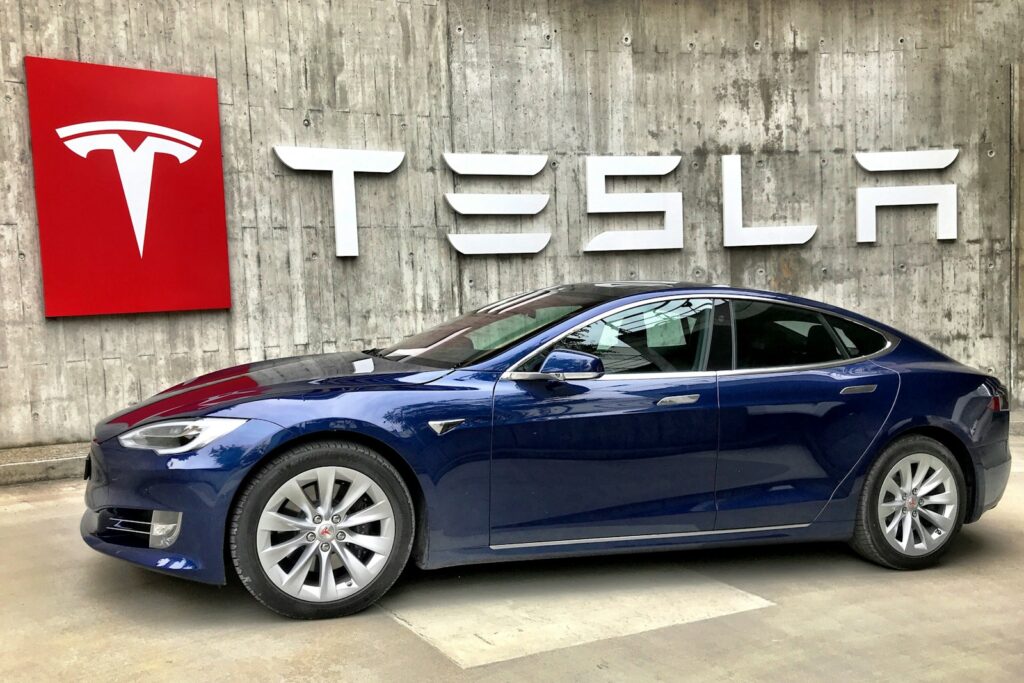
Storey County Sheriff Gerald Antinoro acknowledged having seen the document Hansen produced, stating, “I have seen that document. That is the information that came to us via the Secret Witness tip line.” However, Sheriff Antinoro stressed that “there is nothing to substantiate there was a drug deal in Tesla. An anonymous report over an anonymous method is not evidence.” He also criticized Hansen’s attorney for suggesting the sheriff’s department “dropped the ball,” noting, “We have never even had any contact with his client, this Hansen guy.
In addition to the drug trafficking allegations, Mr. Hansen asserts that he uncovered evidence of extensive theft at the Gigafactory. He claims that approximately “$37 million of copper and raw materials had been stolen from Tesla’s Gigafactory between January and June.” Disturbingly, Hansen alleges that he “was instructed not to report the thefts to outside law enforcement” and “that he was directed to cease his internal investigation into the issue.” Furthermore, Hansen claims that after Martin Tripp, another former Gigafactory worker who alleged battery flaws, departed, Tesla “went so far as to install specialized router equipment within its Nevada Gigafactory designed to capture employee cell phone communications and/or retrieve employee cell phone data.
Elon Musk, in response to Hansen’s claims, stated, “He is simultaneously saying that our security sucks (it’s not great, but I’m pretty sure we aren’t a branch of the Sinaloa cartel like he claims) and that we have amazing spying ability. Those can’t both be true.” The U.S. Equal Employment Opportunity Commission (EEOC) filed a lawsuit against Tesla in 2023 over allegations of “unbridled racism” at its Fremont plant. This spring, Tesla also settled a separate lawsuit initiated by a Black employee at the Fremont facility, who accused a manager of greeting her with deeply offensive remarks, “Welcome to the plantation,” and, “Welcome to the slave house.” A Tesla spokesperson did not respond to a request for comment regarding these various allegations on Friday.
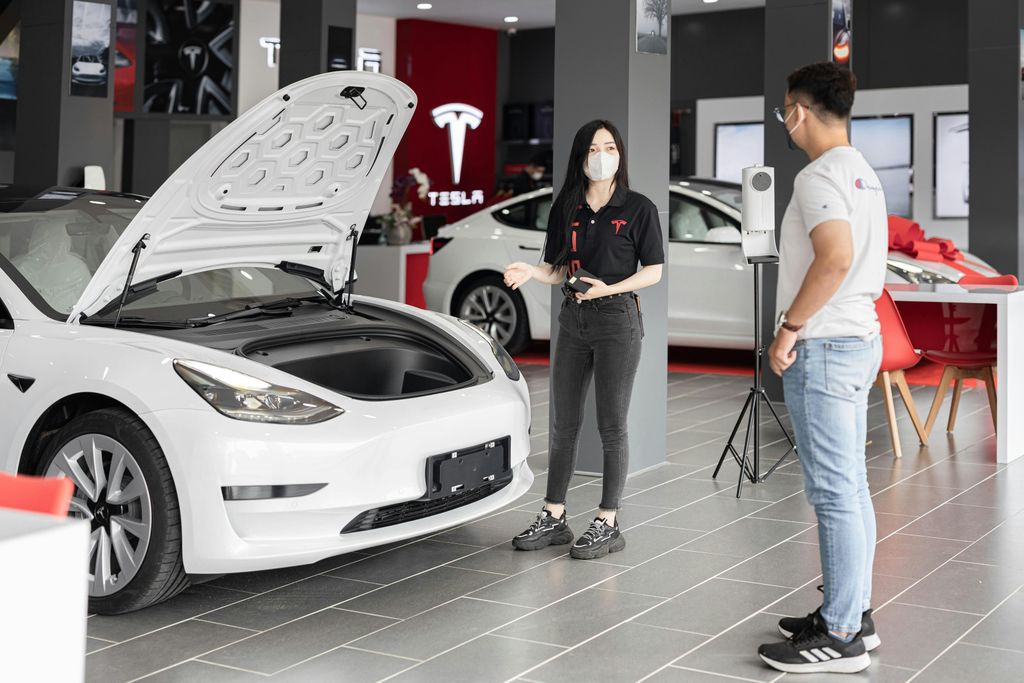
Read more about: Kristi Noem: Charting a Conservative Course from South Dakota Governor to Secretary of Homeland Security Amidst National Debates
The confluence of these detailed allegations from both the Fremont and Nevada facilities paints a comprehensive picture of a company facing significant scrutiny over its workplace culture, safety protocols, and ethical conduct. From claims of systemic racism and sexual harassment to drug trafficking and retaliation against whistleblowers, the lawsuits and complaints raise serious questions about the environment within Tesla’s manufacturing operations. The legal battles ahead, including Mr. Murray’s pursuit of various damages and Mr. Hansen’s SEC whistleblower complaint, will undoubtedly continue to put Tesla’s internal practices under intense examination, as stakeholders and the public await further clarity on these grave accusations. The outcomes of these proceedings will not only shape the future of these specific cases but also potentially influence broader discussions about corporate responsibility and employee welfare in the rapidly evolving landscape of advanced manufacturing.


